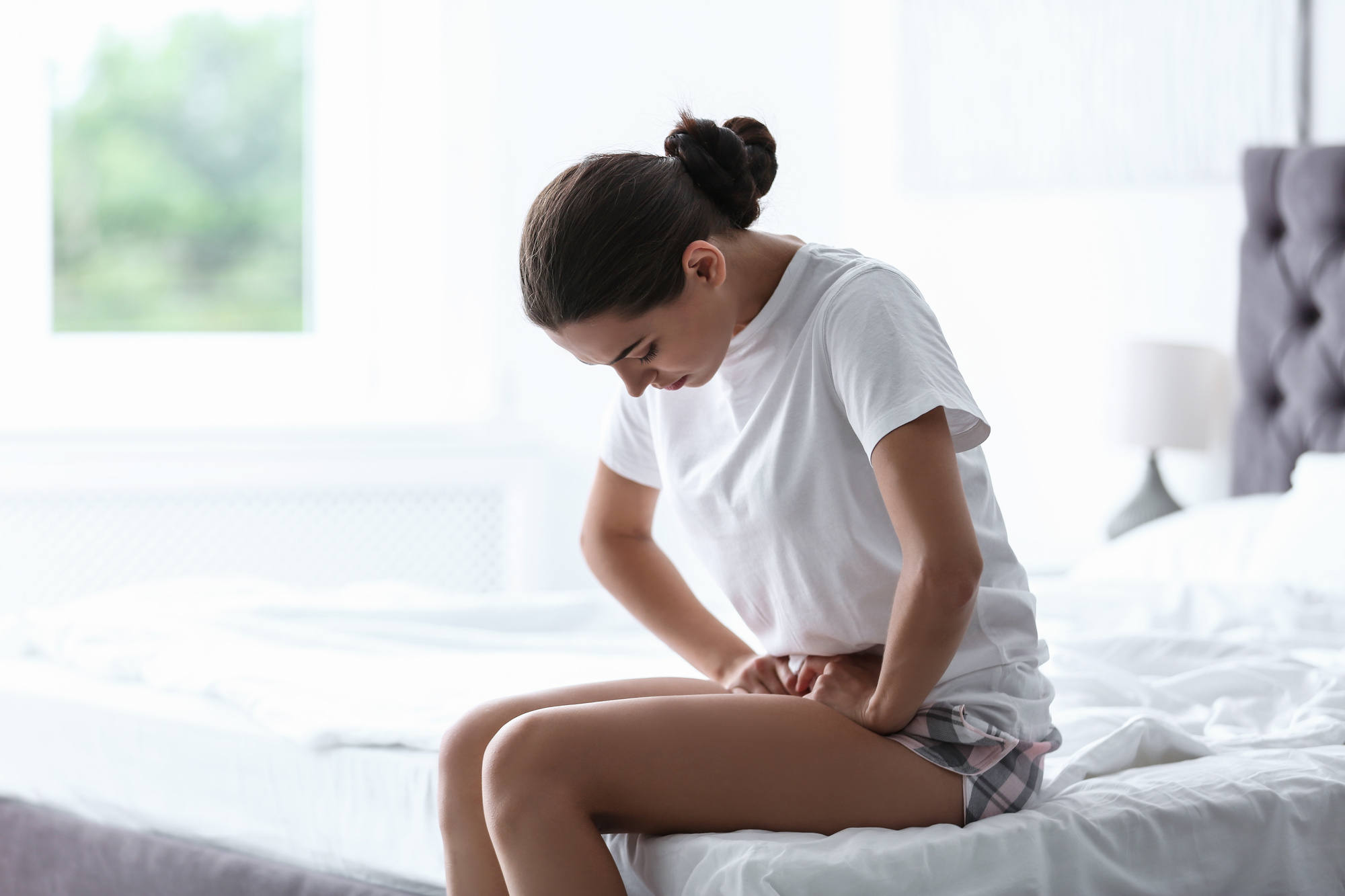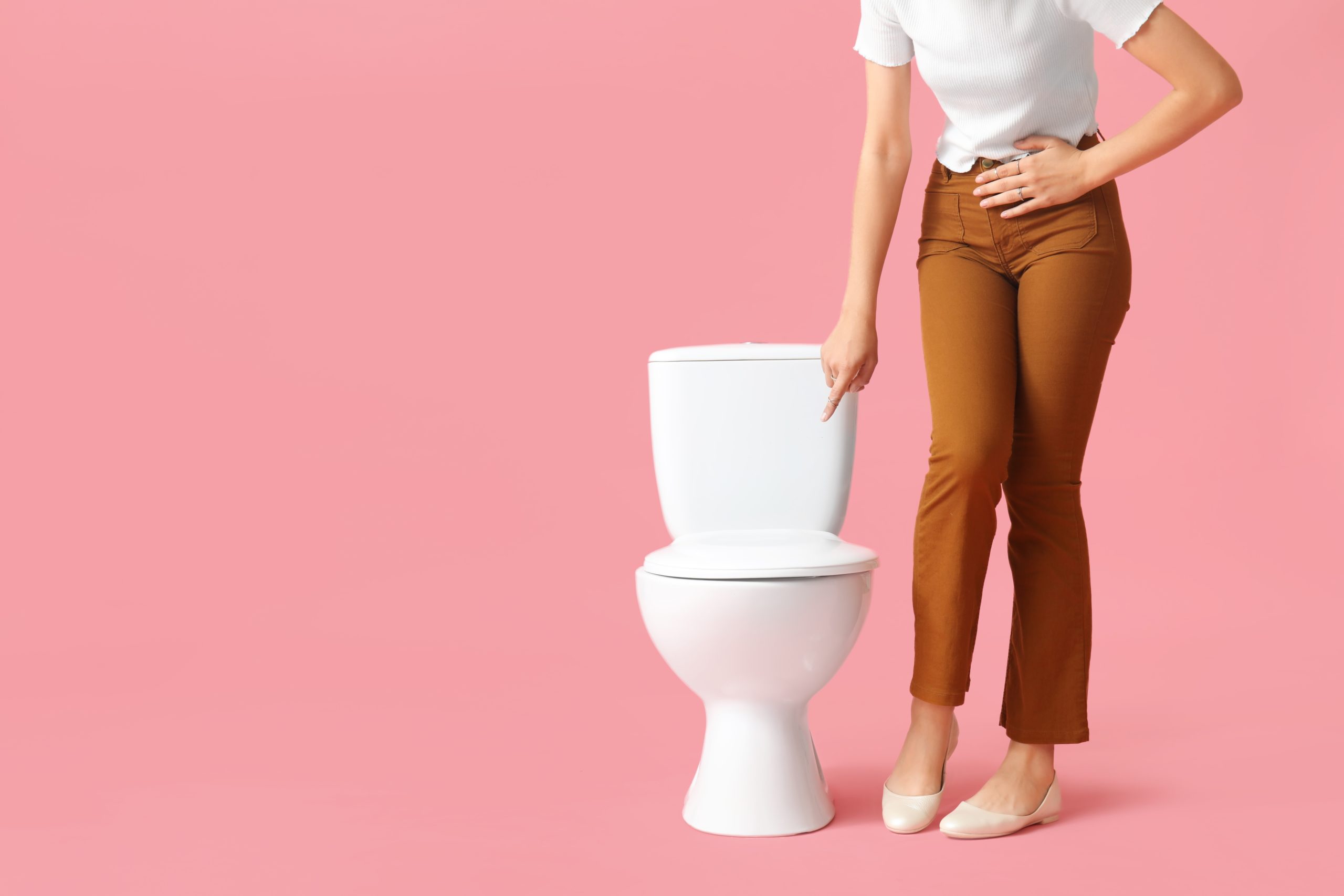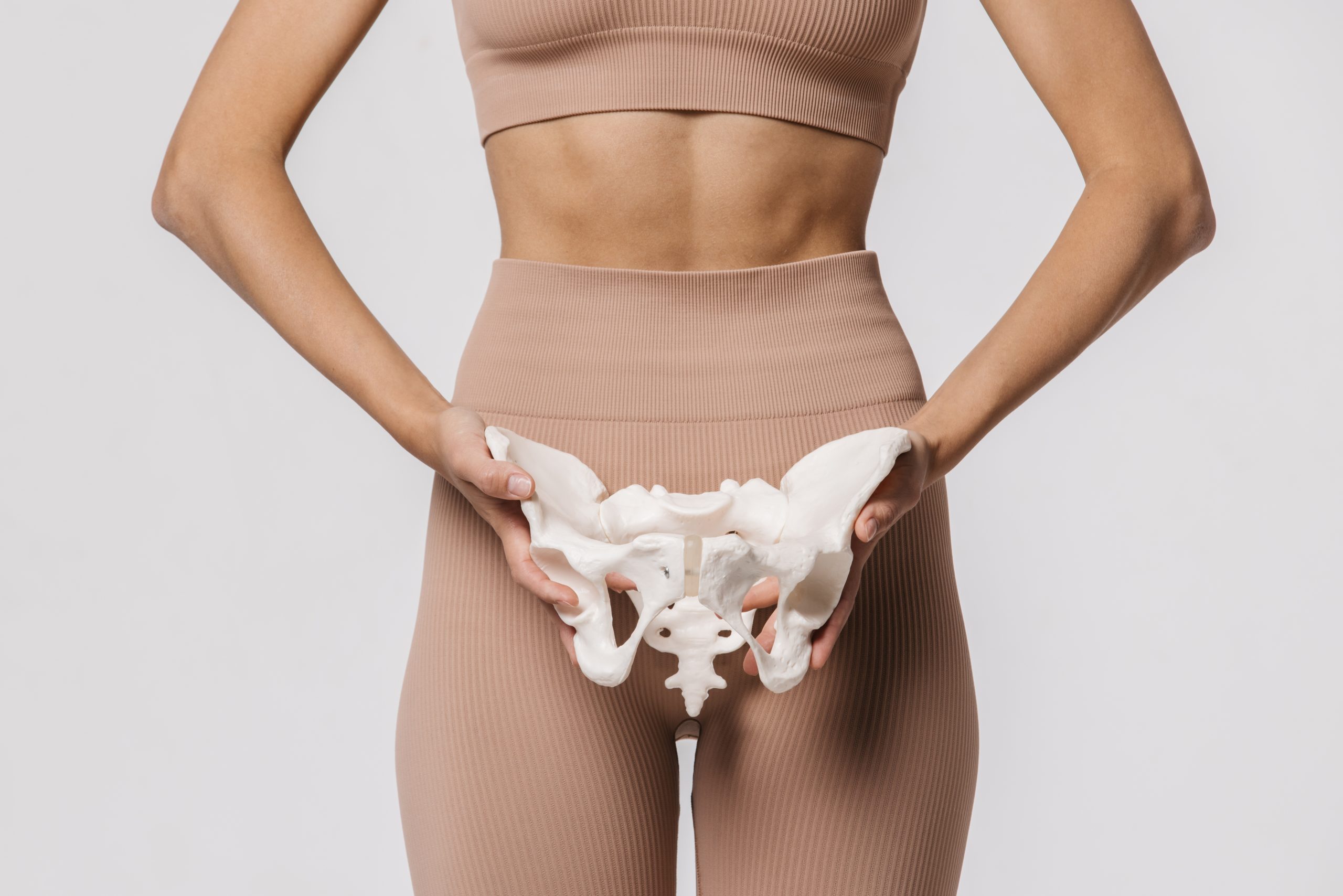
What Is Urinary Urgency? Symptoms and Causes
Do you find it hard to get through an hour without needing to go to the bathroom?
The average person pees between four to seven times a day. Others may pee up to ten times daily without any health problems. However, if your frequent urge to visit the bathroom starts to disrupt your daily routine, you may be dealing with urinary urgency.
Urinary urgency can be annoying or even uncomfortable. While it may seem like nothing more than an inconvenience, it could also be a sign of an underlying health issue.
So, what is urinary urgency, and how do you deal with it? Read on to find out more.
What is Urinary Urgency?
Urinary urgency, or an overactive bladder, is when you feel sudden urges to urinate. These urges can be difficult to control, and you may find yourself rushing to the bathroom. Sometimes, you’ll feel an overwhelming need to pass urine and discover that you didn’t pee that much at all.
Urinary urgency can happen whether your bladder is full or not. Some people will experience it every day, while it can be a recurring thing for others. This condition sometimes occurs in tandem with urinary incontinence.
Urinary incontinence is when you involuntarily pee when you feel the urge to urinate. This can happen while you are on the way to the bathroom.
Frequent or urgent urination could also disrupt your sleep. You may wake up in the middle of the night with a sudden, uncontrollable need to pee. This is also known as nocturia.
Causes
There are multiple causes for urinary urgency, ranging from normal and harmless to concerning.
Urinary urgency is often associated with a urinary tract infection or an overactive bladder. If you have a UTI, your urine can be cloudy or even bloody. Some experience a burning sensation whenever they need to pass urine.
You could also be drinking too much liquid, especially caffeine or alcohol. Caffeine and alcohol are diuretics, which can make urgent urination worse.
Constant pressure on the bladder can also make you feel like you need to pee more often. This is common in pregnant women and a normal part of pregnancy. People who are obese may also experience urinary urgency.
For middle-aged or older men, urinary urgency can indicate an enlarged or infected prostate. The constant pressure can push against the bladder and weaken its muscles.
Some less common causes of urinary urgency include nervous system disorders, cancer, tumors, or injury to the urinary tract.
How Do You Know if Your Bladder is Healthy?
A healthy bladder can hold up to 16 ounces of liquid until it’s a good time to go to the bathroom. You should be able to perform daily activities, like grocery shopping, exercising, or working without a frequent or urgent need to pee.
A healthy bladder should not cause urinary incontinence or discomfort. Peeing more than the average amount isn’t necessarily bad. It could simply mean that you’ve been consuming more liquid than the average person.
Your bladder has a certain threshold at which it can hold urine. There is a middle ground where it’s full but not enough that you need to pee immediately. If you have urinary urgency or OAB, you may feel like peeing even if your bladder isn’t full.
Risk Factors Associated With Urinary Urgency
40% of American women live with OAB symptoms. Urination feels personal, and so many feel too embarrassed to seek medical help. However, you are more at risk of developing an overactive bladder as you get older.
Age can also make you prone to disorders and diseases, which can contribute to issues with your bladder. It’s essential to understand that bladder problems are not a normal part of aging, and if you have concerns, you should contact your healthcare provider. Since UTI is also a primary cause of urinary urgency, it’s best to seek help once you notice symptoms.
While UTIs can go away on their own, they can be uncomfortable and even painful. It’s better to see a doctor and get relief through medicine.
How Do You Diagnose It?
Urogynecologists specialize in OAB and urinary incontinence and will start with an interview about your symptoms. They may also want to know about your medical history and what medication you’ve been taking. Don’t be afraid to share your diet and what you’ve been drinking.
Your urogynecologist will then proceed with a medical exam. They will inspect your abdomen and rectum and may feel out the organs in your pelvis.
A urogynecologist may also conduct some tests, like a urine test. This will allow them to determine signs of infection, like cloudiness or blood. You may also need a bladder scan to know if there’s urine left in your bladder after peeing and how much.
Can You Treat It at Home?
Prescriptions, surgery, and injections are available for those who experience urinary urgency. However, you can supplement this with behavioral therapy or lifestyle changes.
You may need to limit your intake of alcohol or caffeinated drinks like tea or coffee. We recommend adding more fiber to your diet to help with digestion. This includes beans, fruits, vegetables, and whole grains.
You can also try timed urination, which is when you set a schedule for yourself. For example, you must empty your bladder every morning and every night before going to bed. During the day, you can go every two to four hours, even if you don’t feel like peeing. Timed urination may be more beneficial if a health care provider creates a schedule for you.
Doing this helps you practice regaining control of your bladder. Kegels can also help to strengthen your pelvic muscles.
How to Prevent Urinary Urgency
Once you’re in the clear, there are some things you can do to prevent getting urinary urgency. If you have other conditions that can cause OAB or urinary urgency, it’s essential to manage them. It also helps to maintain a healthy weight and avoid foods or drinks that increase the risk of developing urinary urgency.
Visit a UroGYN Today
What is urinary urgency? Now you know! If urinary urgency is affecting your life and sleep, it’s best to get medical help.
The Lotze team offers a safe space for you to talk about your concerns regarding pelvic health. You can find our offices in Houston and The Woodlands, TX. Contact us today.
Connect With Us
Questions or concerns? Please contact our office directly.
Be sure to check our blog regularly for new posts, and follow us on Facebook and Instagram @PeterMLotzeMD for health and wellness tips and more!



